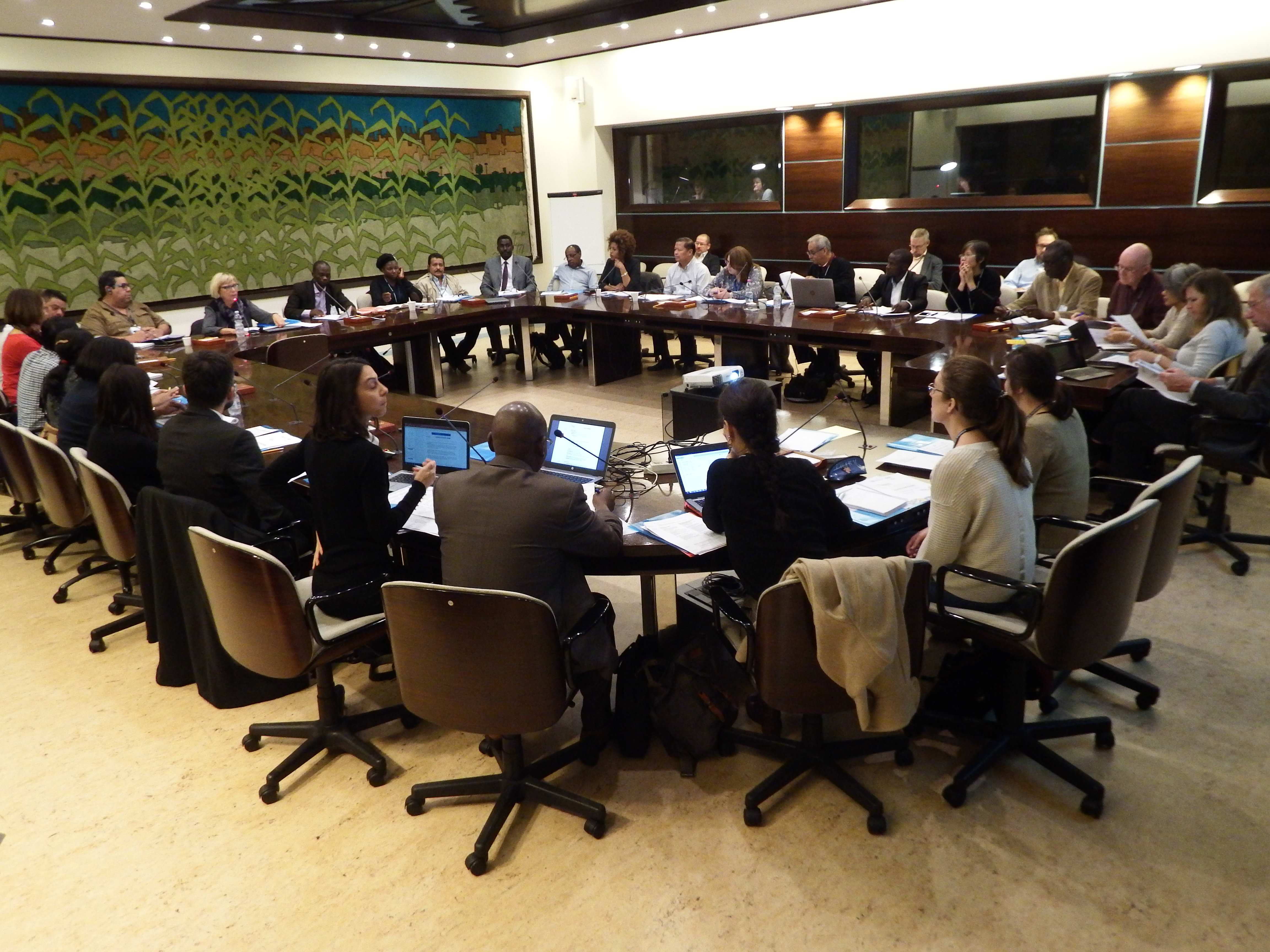
In the heart of Rome at the end of November, 600 delegates gathered for three days at the world headquarters of the Food and Agriculture Organization of the United Nations. The reason? To share experiences and forge a way forward for promoting innovation in agriculture.
And more than 40 people involved in the CDAIS project attended the event – the International Symposium on Agricultural Innovation for Family Farmers. Some were members of panel discussion, others attended different parallel session with many making important interventions, and two CDAIS partnerships were selected to present their work at the daily ‘innovation fair’.
The CDAIS team also took this opportunity to meet together. Before the Symposium, many project issues were discussed during a full day, and key lessons and messages were drawn from each country, compiled and summarised. Afterwards, they met again to draw out what had been gained from attending the event and what messages they would take back and share with their country teams.
“Sometimes in your life you need a doctor, or a lawyer. But everyone needs a farmer three times a day.” Iris Bouwers, young farmer, the Netherlands
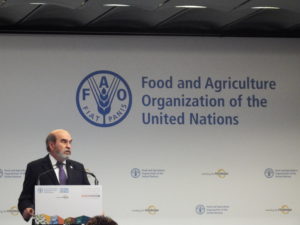
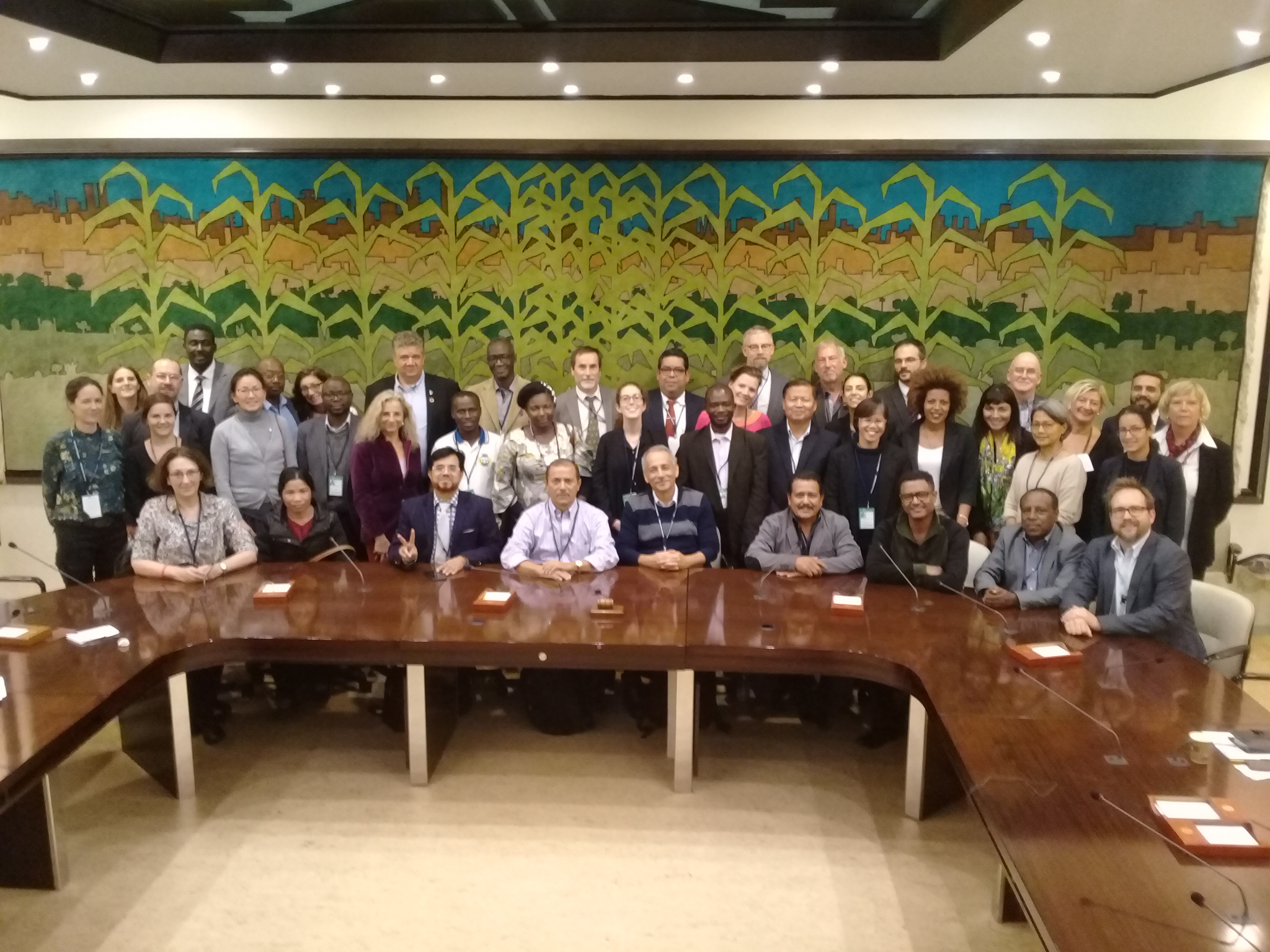
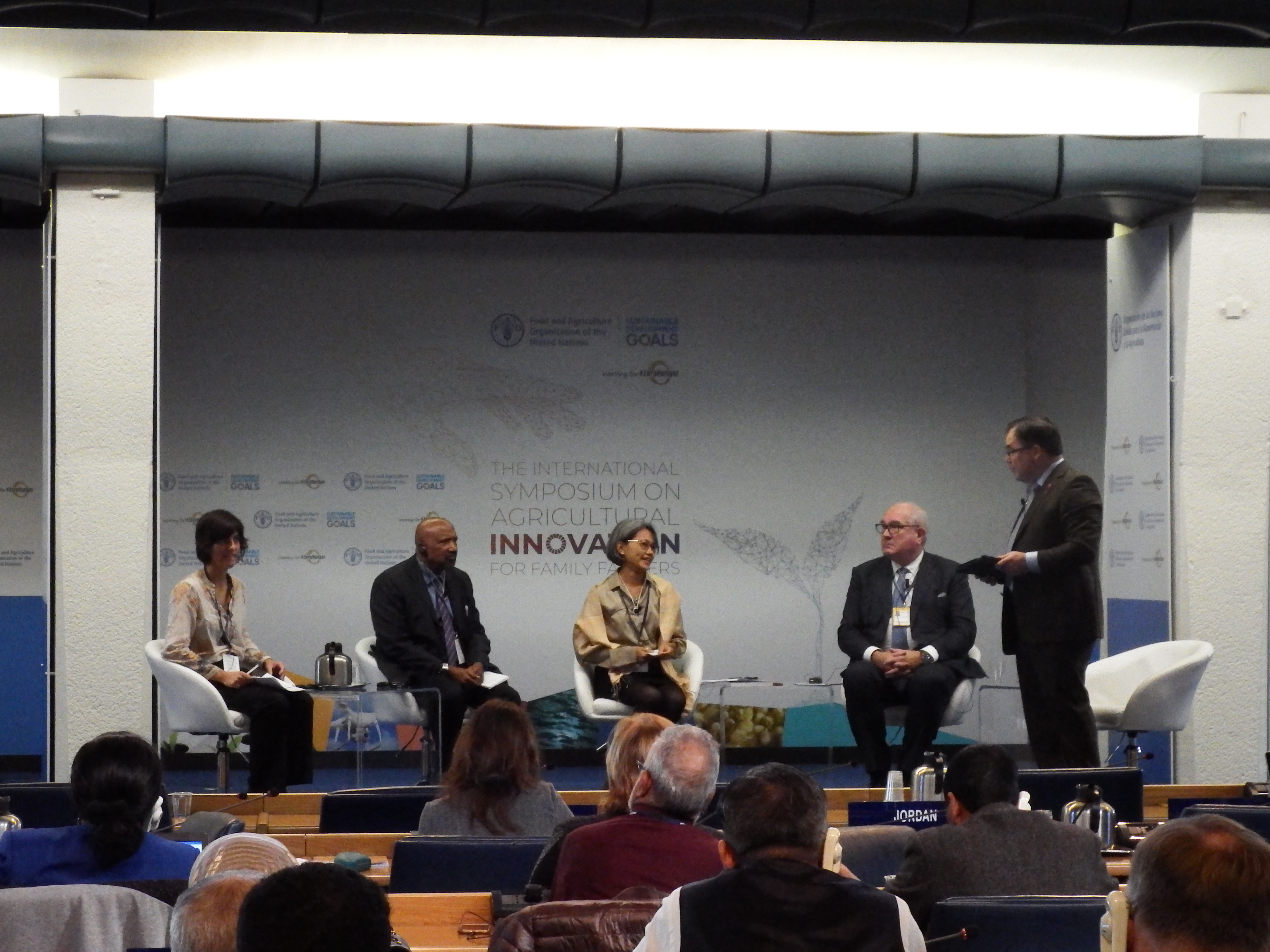
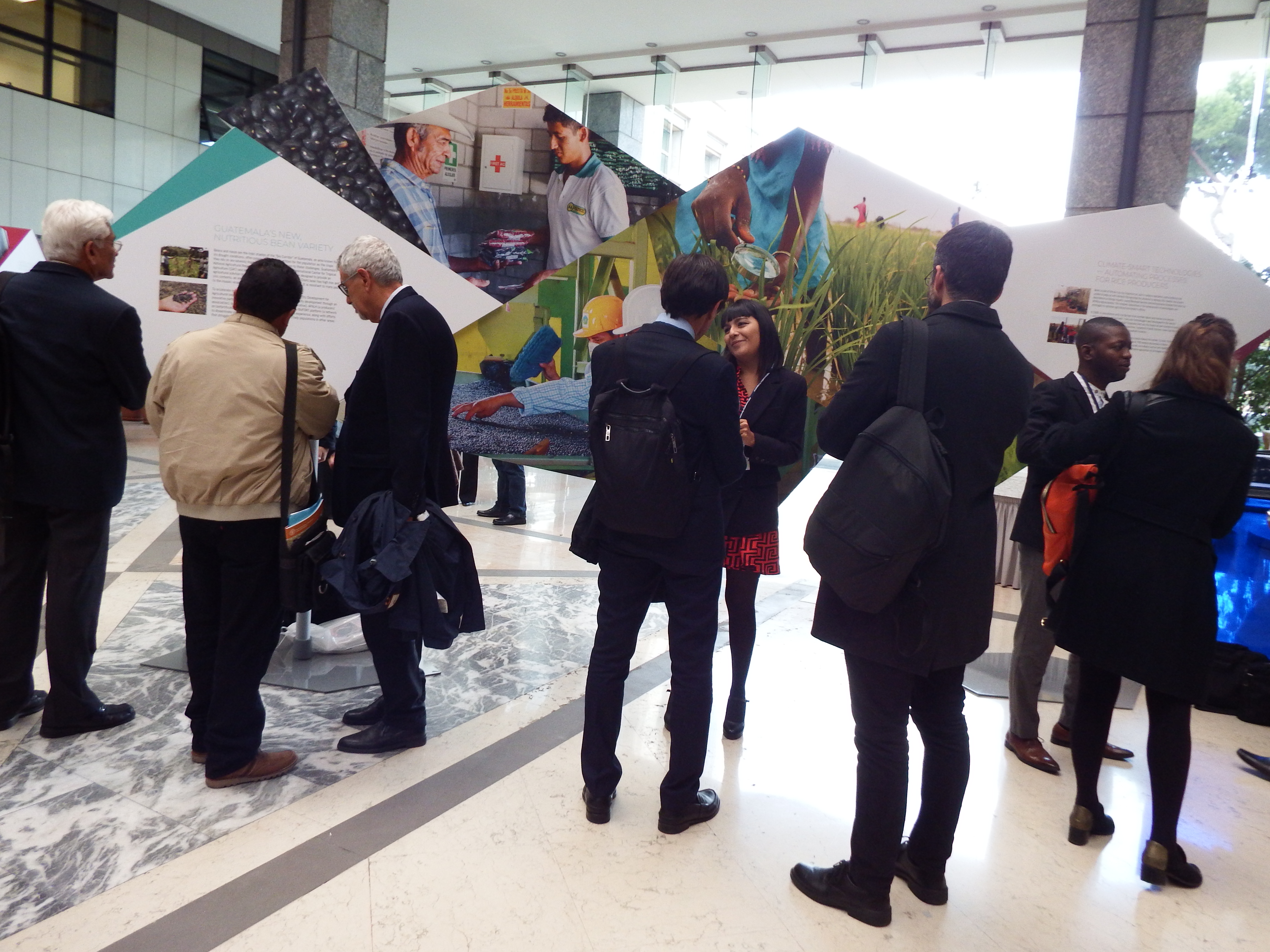


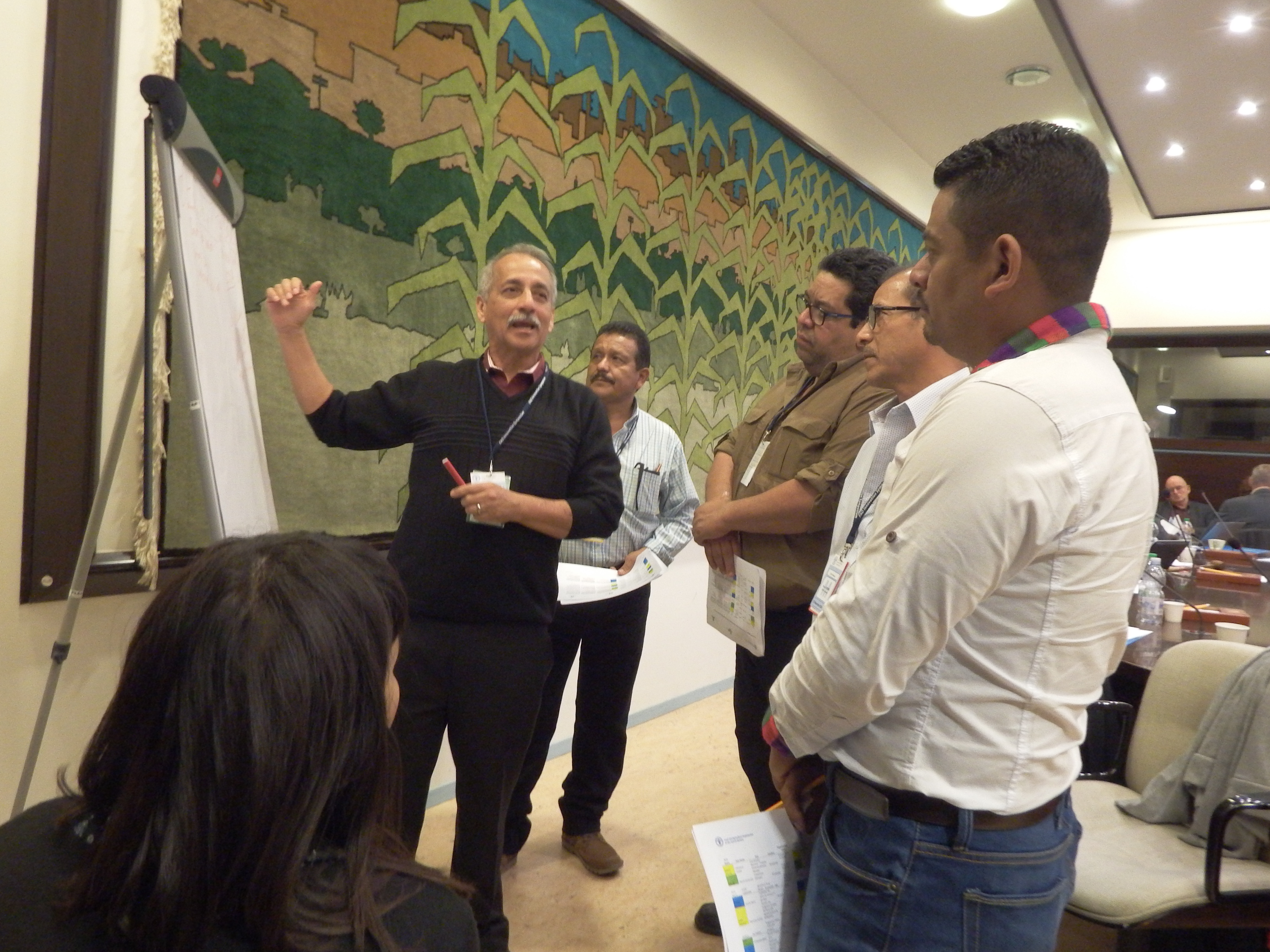
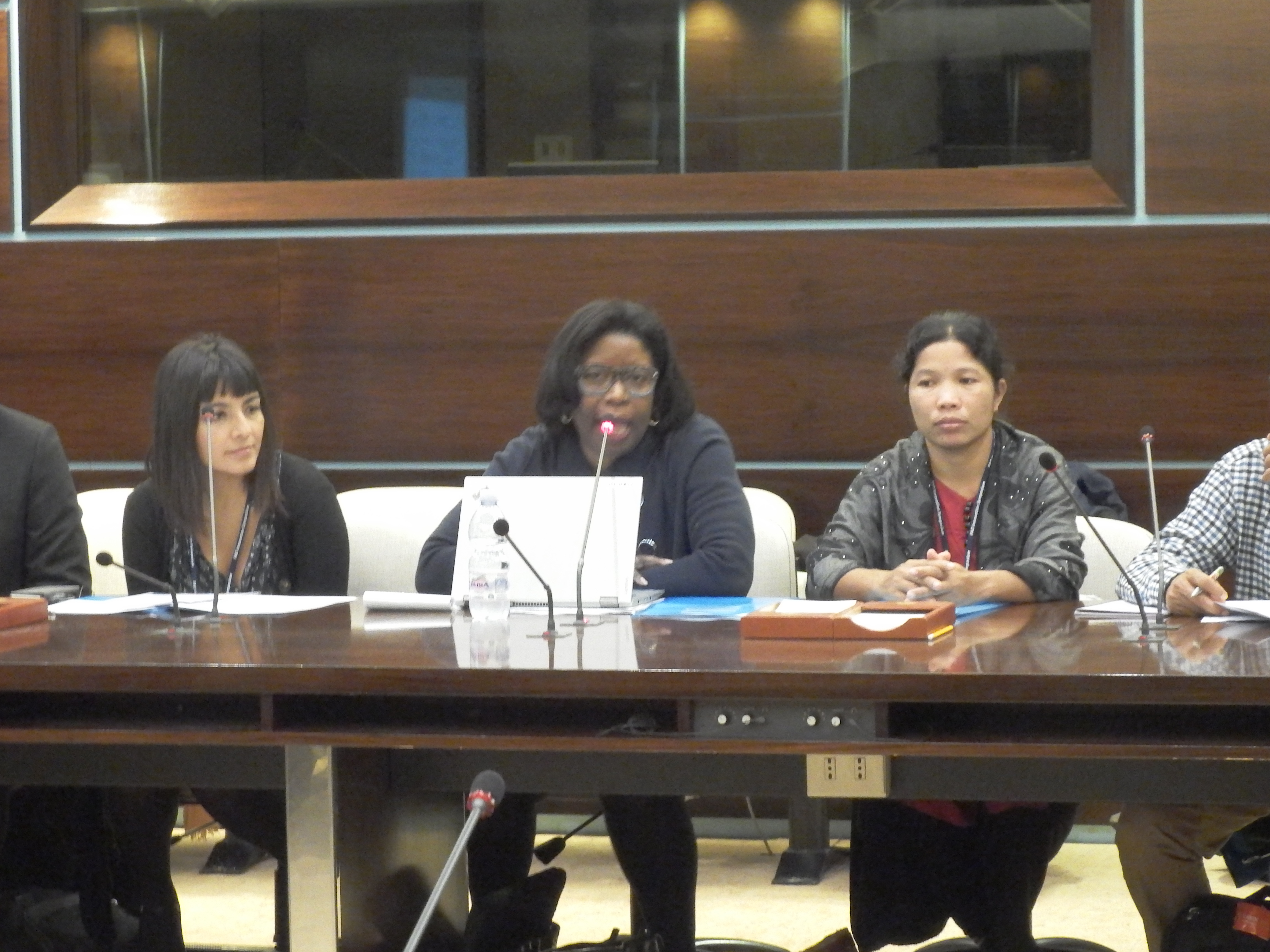
Five core CDAIS key messages derived from the Symposium
- Accelerating agricultural innovation requires the creation of a structured space for farmers and other relevant stakeholders to work together.
- Innovation facilitators play a vital role not only in encouraging and facilitating innovation but also in coaching, designing strategies, and paving the way scaling out wherever possible. This requires multiple skills and continuous training
- For agriculture innovation support service providers to serve farmers’ needs, priorities have to be set through open dialogue with famers as partners whose innovative ideas are integrated.
- Farmers should be the drivers of policies and initiatives that affect them. For this to happen, farmers need the capacities to effectively engage and advocate, and policy makers need to be open minded and responsive to them.
- Longer-term and matching funding for developing soft skills/functional capacities is needed if infrastructure and technical investment are to produce the desired impact.



